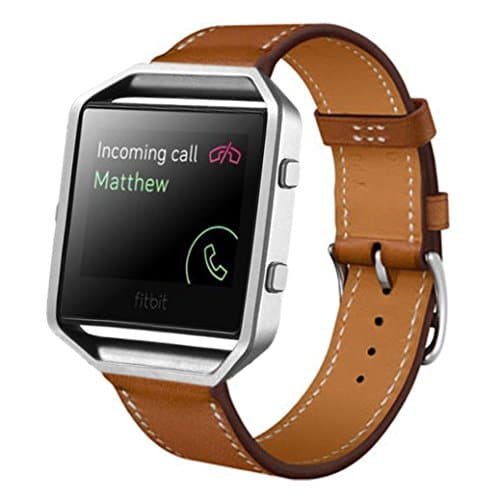 If new and shiny isn’t enough to make you want to buy the next best technology on the market, maybe it’s lifesaving properties will. Since the release of the Apple Watch in 2015, the new generation of smartwatches are wearable technologies that are changing the market for preventive medicine. While the wristwatch remains a decorative accessory, you can now have easy access to your heart rate, sleep quality, calories burned and more health information that has the ability to detect diabetes, high cholesterol, high blood pressure and sleep apnea.
If new and shiny isn’t enough to make you want to buy the next best technology on the market, maybe it’s lifesaving properties will. Since the release of the Apple Watch in 2015, the new generation of smartwatches are wearable technologies that are changing the market for preventive medicine. While the wristwatch remains a decorative accessory, you can now have easy access to your heart rate, sleep quality, calories burned and more health information that has the ability to detect diabetes, high cholesterol, high blood pressure and sleep apnea.
The study, conducted by mHealth app developer Cardiogram and the University of California, San Francisco, collected health information from 14,000 Apple Watch and Android Wear users. The data was used to create DeepHeart, a semi-supervised deep neural network that accurately predicts (at over 80%) these four highly prevalent, but often undiagnosed cardiovascular conditions.
More than 100 million adults in the US have diabetes or prediabetes, according to the Centers for Disease Control and Prevention. Similarly, 22 million Americans suffer from sleep apnea, with 80 percent of the cases of moderate and severe obstructive sleep apnea undiagnosed. Having high cholesterol or high blood pressure vastly increases your risk of the leading cause of death in the US: heart disease. Based on health information gathered in real-time, the model predicts whether or not a user has any one of these preventable diseases, The result is an increase in access to proper diagnoses and treatments.
Future of Wearable Tech
The future of wearable tech is projected for growth, with the supporting market for mHealth apps valued in the billions and an increase in investment in the wearable tech industry, this is only the beginning of the opportunities available at your wrist. Popular smartwatch apps now include the ability to improve productivity, get guided workouts, practice mindfulness, set hlpful reminders, train your brain, and more. Now that studies are proving wearable tech like smartwatches are sufficient in detecting cardiovascular risk, wearable tech is a window to increasing longevity, paving the way for the future of preventive medicine.
“Siri, add beets to my shopping list.”


